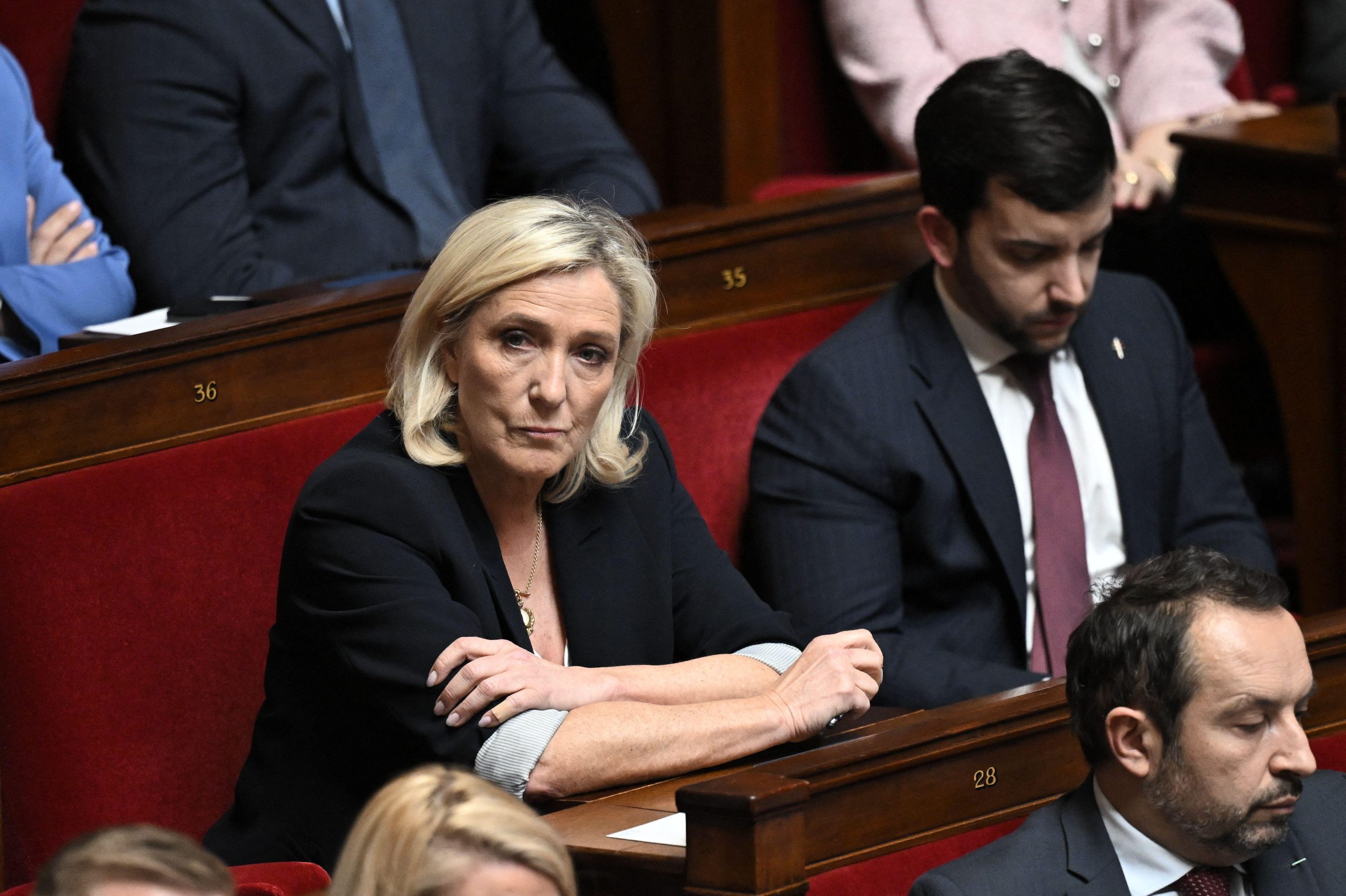[vc_row][vc_column][vc_column_text]

England fans during Euro 2020. Kieran Cleeves/PA Wire/PA Images
In celebration of one of football’s biggest international tournaments, here is Index’s guide to the free speech Euros. Who comes out on top as the nation with the worst record on free speech?
It’s simple, the worst is ranked first.
We continue today with Group D, which plays the deciding matches of the group stages today.
1st Czech Republic
Thomas Schick’s stunner against Scotland may prove a useful distraction, but praising the Czech Republic’s record on freedom of expression is also something of a long shot.
One of their most revered figures, Václav Havel was a dissident writer and playwright turned president.
Grievances over free speech in the country exist with the smearing of journalists, as well as the influence of foreign powers within universities.
Chinese influence in western countries is growing and it is well known that the ruling Chinese Communist Party (CCP) are trying to change the narrative both in their own state and abroad. It means that the cornerstones of free speech in any country, universities and academic freedom, are the first ports of call.
They do so either through the funding of projects or by setting up what is known as a “Confucius Institute”. These are in place, in theory, to build bridges between universities around the world and China, but are much criticised due to accusations of attempts to censor the teaching of Chinese ideals in a certain way. There are currently two Confucius Institutes in the Czech Republic.
Associate editor Sally Gimson noted one particular case in the latest edition of the magazine: “In the Czech Republic, the head of the King Charles University’s Centre for Security Policy was sacked after the media revealed he billed the Chinese embassy (as well as the university) to run conferences on China.”
The relationship between the current government and journalists is frayed, with President Miloš Zeman sewing seeds of Trump-like distrust of the media among his people. Zeman’s government has also cracked down on independent media. For example, no press accreditation has been given to Forum 24 since 2020, who were critical of Prime Minister Andrej Babiš.
In 2018, Zeman was reported to have joked about the killing of journalists after the murder of Saudi journalist Jamal Khashoggi, saying “I love journalists, that’s why I may organise a special banquet for them this evening at the Saudi embassy.”
Only the year before Zeman was pictured holding a mock rifle at a press conference, with an inscription that read “for journalists” written on the barrel. Zeman also insisted he was joking when he said to Russian president Vladimir Putin that journalists “should be liquidated”.
2nd Croatia
The most notable case in Croatia currently, from the point of few of foreign media, is that of the whistleblower Jonathan Taylor.
Taylor is a former lawyer working for the Monaco-based Dutch oil company SBM Offshore and revealed allegations of corruption in 2013. Bribes were exchanged in return for lucrative contracts.
He faces extradition to Monaco to be “interrogated”, from Croatia, where he has been detained since July 2020 after visiting on a family holiday.
In May, the Supreme Court of Croatia issued a judgement confirming the extradition. 40 NGOs, legal experts and campaigners signed an open letter to Croatian justice minister Ivan Malenica for the extradition to be stopped, with whom the decision now rests.
His treatment by the Croatian authorities has been poor. When Taylor raised concerns over his mental health with British diplomats, he was forcibly detained and forced to spend the night in a psychiatric hospital, where he was forcibly injected.
There is a history of journalists being attacked in Croatia and what non-profit Freedom House describes as “an atmosphere of self-censorship”.
In a polarised atmosphere, in which Croatian Prime Minister Andrej Plenković accused the media of “being paid to vilify a political camp”, attacks come easily. In December 2020, two men threatened to kill media workers for coverage of a wedding, sending threats to newspaper Slobodna Dalmacija and the Zadarski.hr website.
Though the media is considered to be highly polarised and severely reduced due to cut backs that arose because of the Covid-19 pandemic, there is some hope for journalists and media in the country.
As the Croatia Journalists’ Association (HND) reported, nearly 1, 000 people protested in support of what was deemed to be by them as the unfair dismissal of the journalists Danijela Bašić Palković, Borka Petrović, and Zoran Angeleski from Croatian daily newspaper Glas Istre earlier this month, due to disagreeing with editorial policy.
3rd Scotland
Not exactly the tournament favourites, their head-to-head with England on the pitch proved to be close. Off the pitch, the two have similar records.
Despite close ties, criminal justice legislation is more of a devolved matter, but the recent Scottish Hate Crime Bill is cause for concern and its implementation just edges Scotland out over their friends a little further south.
The law was introduced, and passed in March 2021, with the intention of cracking down on hate speech. However, it was derided from the start by free speech groups who believe it would have a chilling effect on free speech. Perhaps most significantly, there is a threshold now in Scottish law that exists for charging people for “stirring up hatred”, but intent must be shown. Incitement in this regard is difficult to prove.
The original bill also spoke of a need to protect people from hate speech within their own homes. In The Times in November 2020, Ruth Smeeth said: “Common sense seems to have gone out of the window with regards to the Scottish hate crime bill. Let’s be clear, hate speech is appalling and if it’s inciting violence and illegal behaviour it should be banned. But this is now trying to regulate what people say to each other over dinner — it’s absurd.”
Despite acknowledgement of concerns regarding the threshold for what is accepted to be hate speech, amendments to the law did not go far enough.
In February, Index joined a letter addressed to Members of the Scottish Parliament (MSPs) signed by NGO’s academics and politicians expressing concerns over the bill.
It read, “When the bill was published last year, the police, the legal profession, academics, civil liberties groups and others cautioned that the offences could catch legitimate debate on a range of issues. The vague wording of the offences and a lack of adequate free speech protections could, they warned, place a chill on free expression in the arts, the media and the public square when it comes to discussions about contentious issues such as religion and trans rights.”
As well as this, during the Covid-19 pandemic and according to the Press and Journal, Scotland became the “first country in the world” to implement restrictions to freedom of information (FOI) access to journalists and keen public citizens.
FOI’s are a vital tool for journalists receiving data that is in the public interest to report, particularly in times of crisis, such as in a pandemic.
The plans came into effect as a result of emergency votes put through the Scottish Parliament by MSPs, arguing that the changes were necessary to ease the burden on public bodies.
4th England
The atmosphere around free speech and the media in the UK is deteriorating and there have been several alarming incidents in the past few years.
Attitudes around the media have worsened while populist politics has grown. Frequently, there have been arguments surrounding free speech and the so-called “culture war” where people have claimed they are being denied a platform to speak. In response, several government figures have responded with actions defending free speech.
Education secretary Gavin Williamson has put forward proposals to protect free speech on academic campuses, by making universities liable for any breaches of free speech.
However, there are several other bills that are raising alarm.
Protests are integral to upholding democracy, but the proposed Police, Crime Sentencing and Courts Bill aims to impose a start and finish time on protests and set noise limits on them. Not accounting for one of the basic principles of protests, that they are intentionally (and peacefully) disruptive. Those who partake in the desecration of memorials could receive up to ten years in prison. Essentially, the bill lowers the threshold for the police to intervene heavily with protests to break them up, even after accusations of heavy-handedness regarding recent protests, such as the Sarah Everard vigil in March 2021.
Police heavy handedness is of genuine concern. In February, photographer Andy Aitchison was arrested and his fingerprints taken after working at a protest outside the refugee camp at Napier Barracks, in Kent.
Index’s CEO Ruth Smeeth said at the time: “The British Government talks a good game on media freedom. They are launching a National Action Plan for the Safety of Journalists. They are proposing legislation to protect free speech on campus. They have spoken out about Putin’s show trial of Navalny. Of Lukashenko’s repressive regime. Of the military coup in Myanmar. But what credibility do they have if they are enabling British journalists to be arrested on UK soil – for doing their job?”
Further problematic legislation lies with the proposed Online Safety Bill (also known as ‘online harms’), currently in its white paper stage.
Due to particular language included in the bill, namely “legal but harmful”, there would be inconsistency between what is illegal online, versus what would be legal offline and thus a lack of clarity in the law regarding free speech.
England (and Wales) is very much a country that feels as though it is standing on the precipice when it comes to freedom of expression. There is hope that problematic bills such as these will be reconsidered.
Other groups
Group C[/vc_column_text][/vc_column][/vc_row][vc_row][vc_column][three_column_post title=”You may also like to read” category_id=”8996″][/vc_column][/vc_row]





